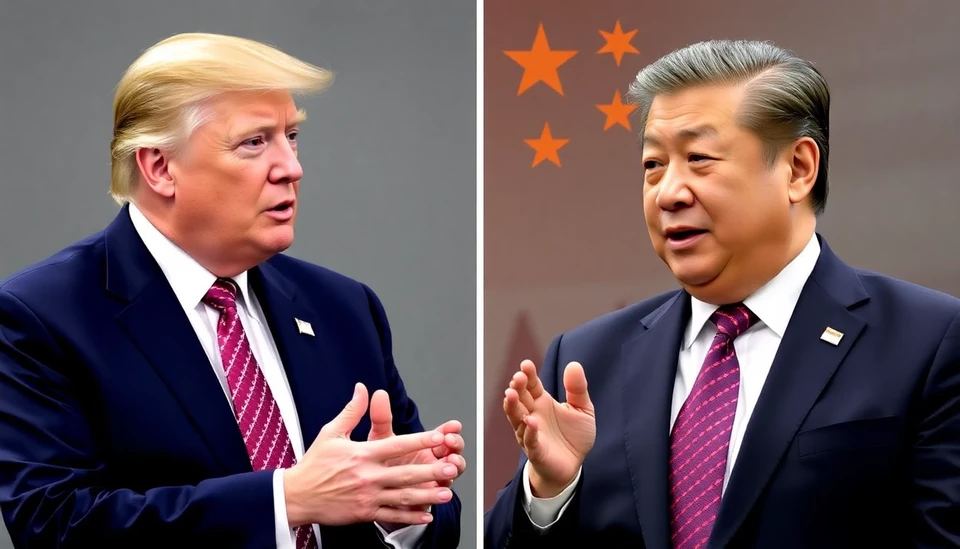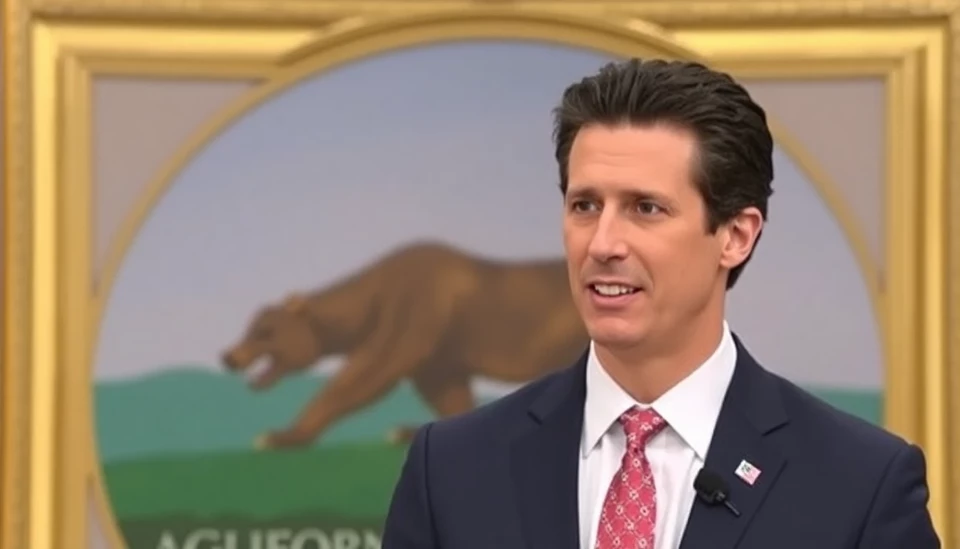
In a recent statement, former President Donald Trump has indicated that it is now up to China to propose tariff reductions in order to alleviate the ongoing trade tensions between the two economic giants. This announcement comes at a time when relations between the United States and China remain strained over various issues including trade practices, technology transfers, and geopolitical disputes.
During a press briefing on April 15, 2025, Trump emphasized the need for dialogue and suggested that a move from China in the form of a tariff offer could help reset the trajectory of negotiations. He remarked, “Only China can help ease the trade war by making a fair offer on tariffs. We are waiting, and the ball is in their court.” His comments signal a determination to shift the focus onto China's responsibility in the ongoing dispute.
Since the onset of the trade war in 2018, both nations have implemented tariffs on billions of dollars’ worth of goods, resulting in a heavy impact on businesses and consumers. The trade friction has had widespread implications, affecting supply chains globally and creating uncertainty in financial markets. Trump's recent remarks underscore the critical nature of tariff discussions as a means to deter further escalation.
Market analysts are closely watching the situation, exploring the potential outcomes of such negotiations. The sentiment surrounding these discussions is crucial, particularly as the global economy grapples with inflationary pressures and recovery from the pandemic downturn. Trump's statements may influence investor confidence, prompting many to speculate about future economic measures and trade policies.
Furthermore, it is important to note that any discussion on tariffs is intertwined with broader diplomatic relations, including issues surrounding China's human rights record and military activities in the South China Sea. These complexities add layers of challenges that negotiators will have to navigate if a settlement is to be reached.
As the situation evolves, stakeholders from various sectors, including agriculture, manufacturing, and technology, will be watching closely for developments, as a new agreement could significantly reshape the trade landscape. A fruitful dialogue on tariffs might not only foster a more cooperative economic relationship but could also lead to broader reforms in trade practices beneficial to both nations.
In conclusion, the immediate future of U.S.-China trade relations heavily hinges on whether China will respond to Trump's call for negotiations on tariffs. The international community, businesses, and economists alike await further updates as both sides determine their next steps in this complex trade saga.
#Trump #China #TradeWar #Tariffs #Economy #Negotiation #InternationalRelations #TradeRelations
Author: Rachel Greene




